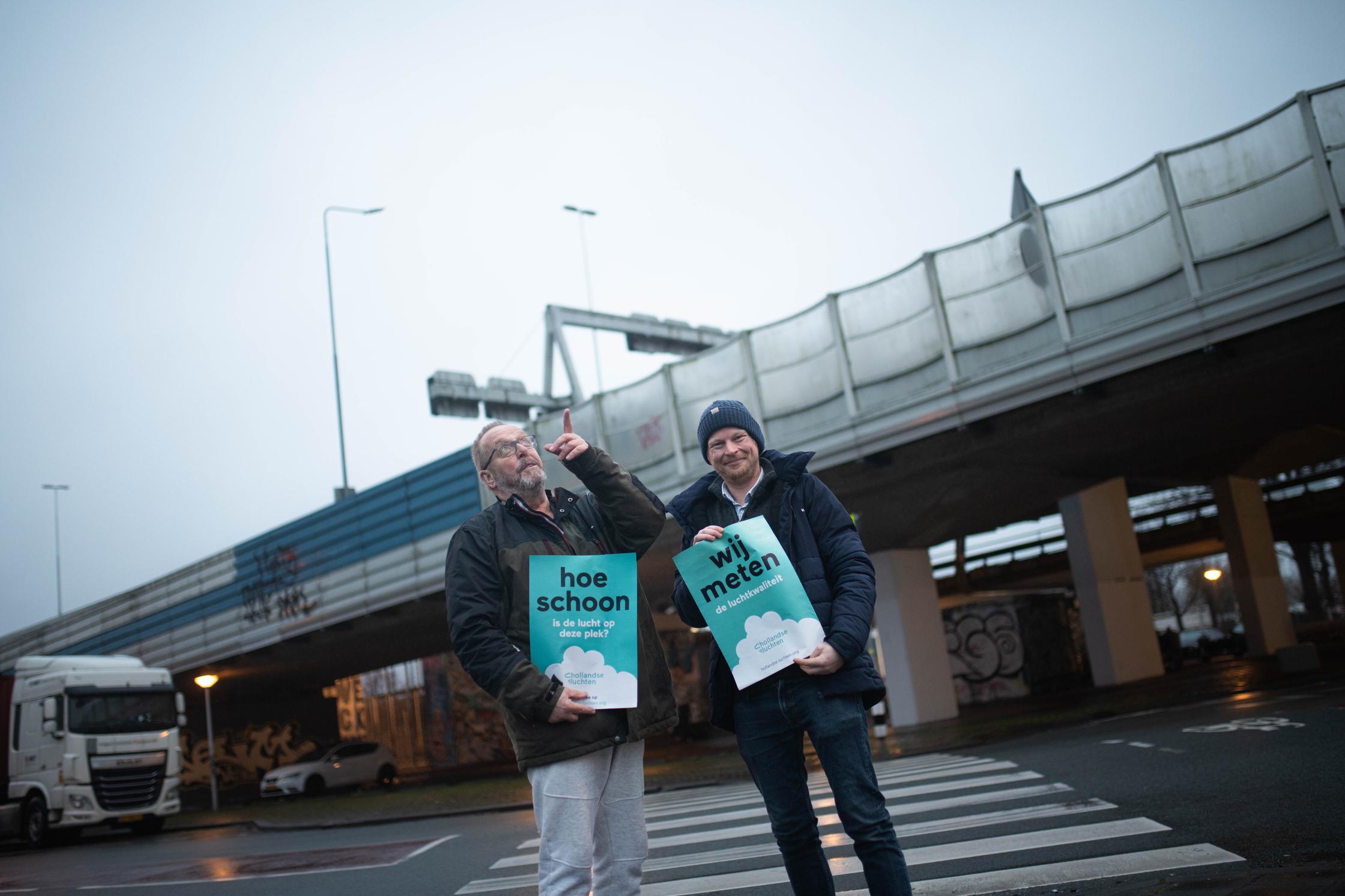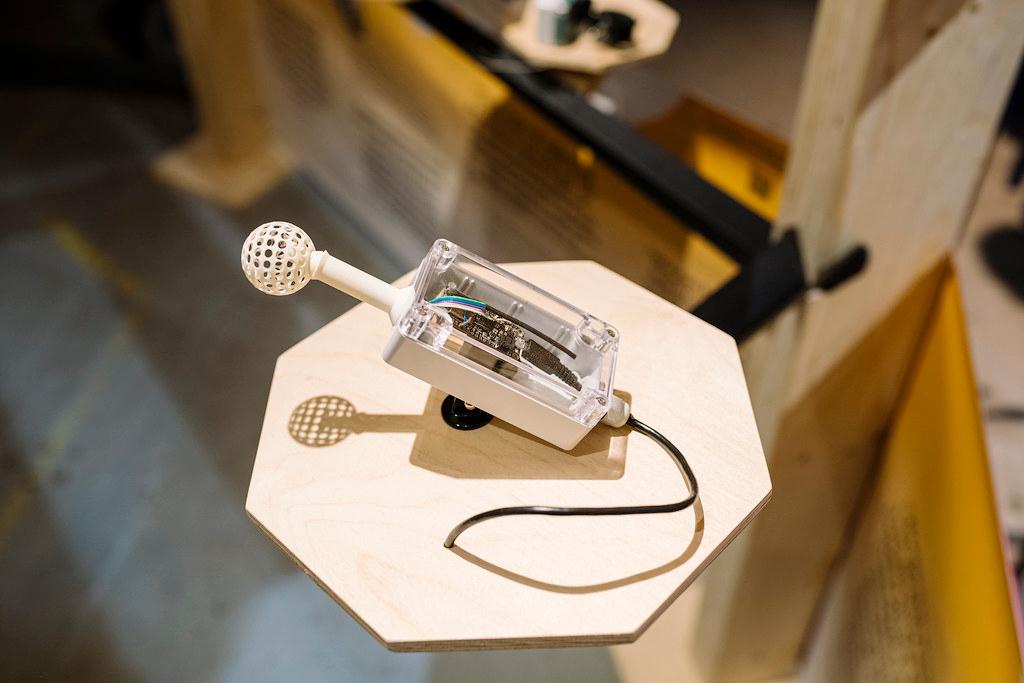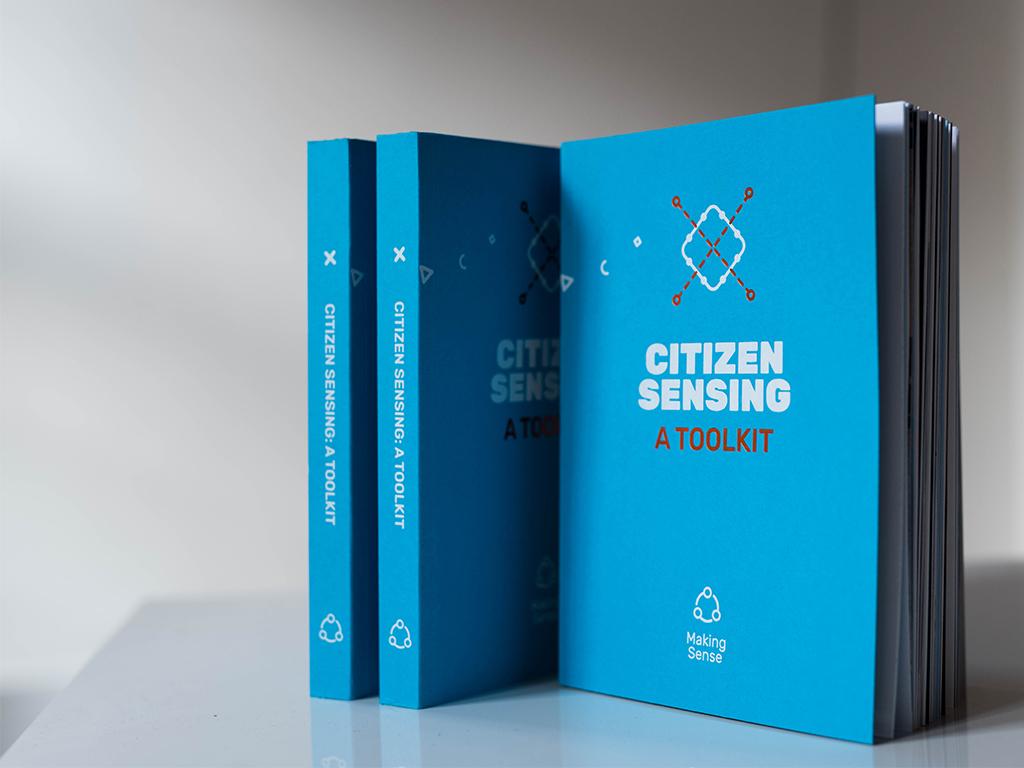6 April 2024 was international citizen science day. Waag Futurelab has been committed to this important form of research for years. Through our Smart Citizens Lab, we enhance citizens' ability to map their living environment, using open technology measuring water to soil and air to noise. Residents themselves determine the direction of the research, conduct it themselves and control the data themselves, in short: Citizen science. Committed supporter of citizen science, Waag sees this research gaining an increasing foothold. And we celebrate that with a number of citizen science highlights.
Citizen science sensors are getting better and better
The RIVM conducted research into the quality of home-made sound sensors. For six months, they tested seven different sound meters in practice, including Waag Futurelab's Amsterdam Sound kit. This sound sensor allows residents to measure noise and map their nuisance. The results of the meters were compared with sound sensors that have to meet strict requirements. The measurements of the Amsterdam Sounds kit were closest to those of the 'official' sound meter! Reliability of the meter is important because the more reliable the data, the stronger residents are in the conversation about noise pollution. Read the whole article.
Data offers recognition
In Hollandse Luchten, residents measure air quality themselves with sensors. A resident in Haarlem experienced nuisance from cigarette smoke from pub-goers smoking under his window. He joined Hollandse Luchten to see if he could also demonstrate his nuisance with data. And he succeeded: the data shows clear fine dust peaks during pub hours. Read the whole story (in Dutch).
Data provide insights that lead to action
Many homes are built to retain heat. But with the climate getting warmer, this can lead to high temperatures in the home in summer. In Thermo-staat, residents map indoor heat with thermometers. This data can spur various parties into action. For instance, housing cooperative Ymere decided to install sun screens on the Westerkaap in Amsterdam against the heat this summer on the basis of the data that citizens collected in Thermo-staat. Also a resident from Nijmegen used the data to go to court. Read more (in Dutch).
Cooperation between residents and scientists gets stronger
For many people, science is a black box: research is done remotely, followed by complicated reports. We see that through Hollandse Luchten, knowledge institutions are increasingly involving residents in their research. RIVM recently involved IJmond residents in the evaluation of the Air Measurement Network (Luchtmeetnet) and TNO is involving residents in a pilot to measure wood smoke with sensors. Read about the TNO pilot (in Dutch).
Hollandse Luchten's data, collected by residents, was also mentioned in the RIVM report on the health risks caused by Tata Steel to IJmond residents. They see an important role for citizen science in identifying places where more research needs to be done. Read more (in Dutch).
Anyone can start with citizen science!
More and more open technology is available for residents to measure the environment with. Sensors are being developed from different initiatives: by organisations like Waag and Safecast, but also from resident initiatives like Meet je Stad and MySense.
Want to know more about the Smart Citizens Lab or about citizen science? Contact Imme Ruarus via Imme [at] waag [dot] org.



